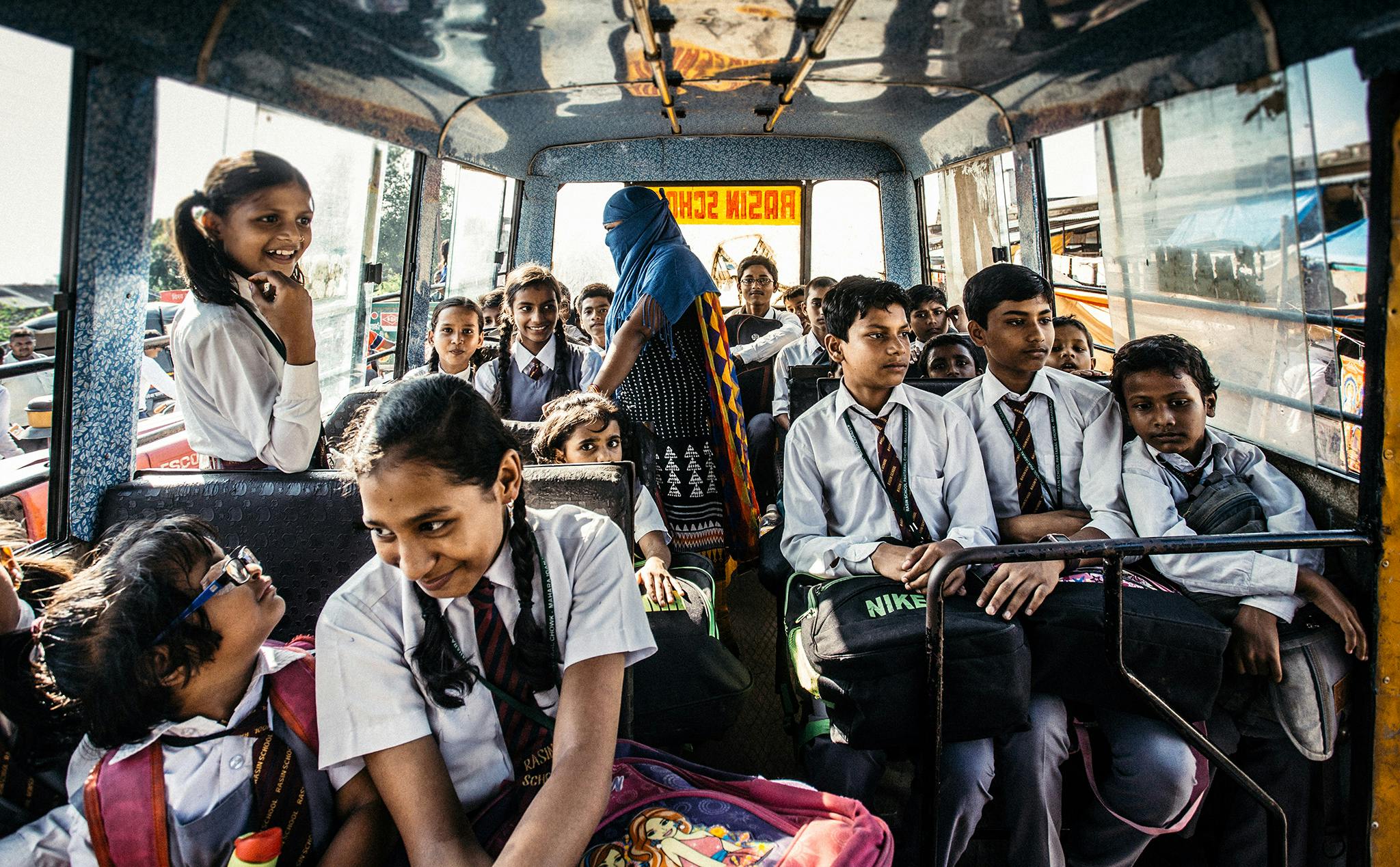The landscape of education in India is continuously evolving, shaped by new policies aimed at improving the quality and accessibility of education for all students. As parents and students navigate this dynamic system, it is crucial to stay informed about the latest education policies that can impact learning experiences. In this blog post, we will discuss key recent policies in the Indian education system and what they mean for students and parents.

National Education Policy (NEP) 2020
The National Education Policy 2020 was a landmark reform aimed at overhauling the Indian educational framework. It seeks to make education more holistic, flexible, multidisciplinary, aligned to the needs of the 21st century, and aimed at bringing out the unique capabilities of each student.
Key Features of NEP 2020
- School System Restructuring: Introduction of the new curricular structure called the National Curricular Framework (NCF) 2020 which includes Schooling from Grades 1 to 12 divided into foundational, preparatory, middle, and secondary stages.
- Multilingual Education: Emphasis on learning in one’s mother tongue for better understanding and cognitive development.
- Higher Education Reforms: Introduction of Multidisciplinary Education with Flexible Curricular Structures and the possibility of multiple entries and exits in degree programs.
- Teacher Training: Focus on improving the quality of teacher training and professional developments.

Image caption: Overview of National Education Policy 2020
Digital Initiatives in Education
The COVID-19 pandemic has accelerated the adoption of digital practices in the Indian education sector. With increased reliance on technology, the government has launched various initiatives to support online learning.
Digital Native Learners
- Diksha Platform: An integrated teacher and student digital platform providing quality e-content, including modules, lessons, and videos.
- SWAYAM: An online course platform offering MOOCs (Massive Open Online Courses) to promote digital learning across various disciplines.

Image caption: Digital Initiatives in Indian Education
Focus on Vocational Education
Recognizing the importance of skill-based education, the latest policies emphasize vocational training as a core component of the education system.
Vocational Education Reforms
- Integration with Academic Curriculum: Vocational courses will now be integrated at multiple levels of schooling, allowing students to gain practical knowledge along with theoretical learning.
- Partnerships with Industries: Collaborations with industries have been encouraged to ensure that vocational training aligns with the current job market demands.

Image caption: Focus on Vocational Education in India
Inclusive Education Policies
Modern policies in India are also prioritizing inclusive education, ensuring that all children have equal access to quality education, particularly those from marginalized communities.
Special Schemes
- RTE Act Amendments: The Right to Education Act has seen amendments to enhance access to education for all children, regardless of their socio-economic status.
- Scholarships and Grants: Enhanced scholarships and initiatives to support the education of underprivileged students.

Image caption: Inclusive Education Policies in India
Conclusion
As India continues to evolve its education policies, it is essential for students and parents to stay informed about these changes. The National Education Policy 2020, increased focus on digital learning, vocational education, and inclusive practices represent significant steps toward building a more robust and equitable education system. Understanding these policies will help students and parents make strategic decisions about education pathways, ensuring a brighter future for the next generation.
